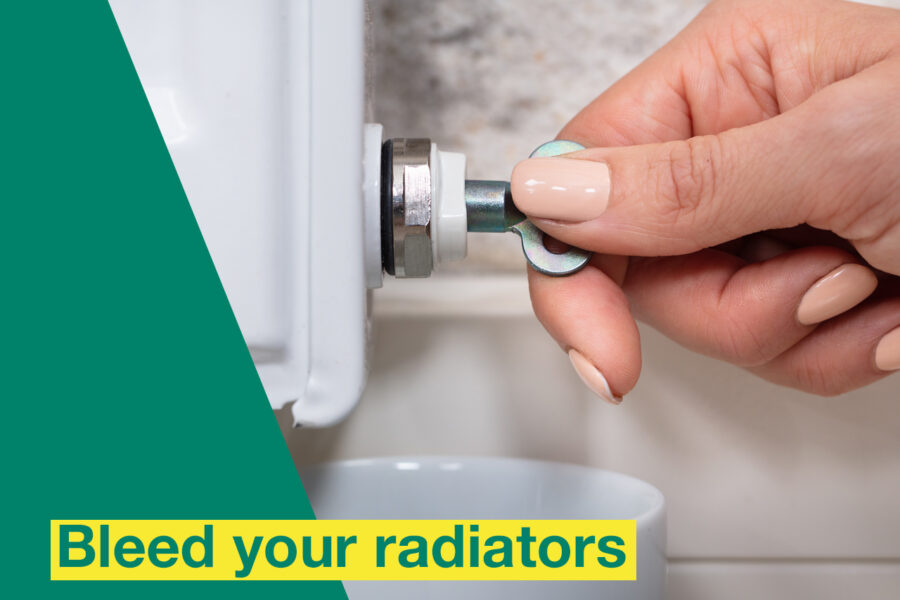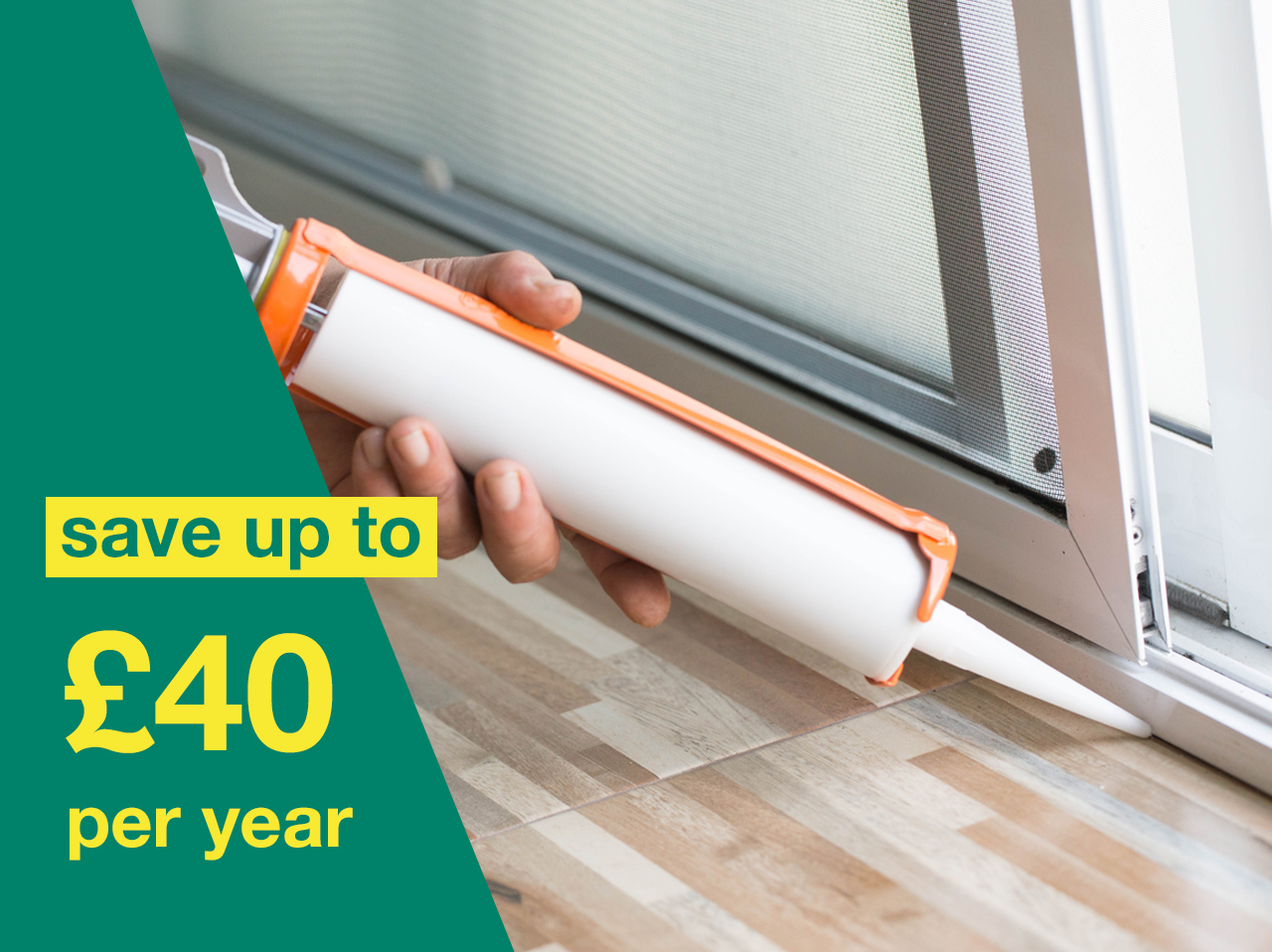Get ready for winter
Heating and hot water account for over half of the average household’s energy bills, so it’s important to know what you can do to prepare your heating system for the colder winter months and save money on your energy bills.
There are many low and no cost actions you can take to save energy and money over the winter period. Find out below what steps you can take to prepare your heating system and how you can get your household ready for winter.
Find out the simple steps you can take to prepare your heating system for winter.
Turn down radiators in rooms you aren’t using to save up to £40 a year
When you’re not using rooms, turn radiator valves down to a lower setting.
Turning off radiators completely in rooms you are not using is less energy efficient as this means your boiler has to work harder to maintain the temperature of a room you are heating than if kept at a low setting. Turning off radiators can also cause issues with mould and damp.
People over 65, children under 5 and those with pre-existing health conditions are more vulnerable to cold temperatures. Make sure you are warm enough and have a minimum indoor temperature of 18°C (setting 2 or 3 on your radiator valves) to ensure you’re healthy and comfortable.

Bleed your radiators
Bleeding radiators makes your home warmer and can help reduce the cost of your energy bills. It does this by removing air pockets which reduce the pressure in your radiator so you don’t need to turn the heating up as much.
Find out how to bleed your radiators with a quick and easy, step-by-step guide here.

Get your boiler serviced
An annual service helps keep your boiler running safely. Faulty boilers can be very dangerous. During your boiler service, a Gas Safe registered engineer checks for leaks and issues and they will ensure that your boiler is running properly, which can save you money on future repairs.
Find out more about boiler services here.


Reduce your hot water tank temperature to 60°C to save up to £10 per year
If you have a heating system with a separate hot water cylinder (instead of a combi boiler), you can turn down the temperature of the cylinder itself so that water is not heated unnecessarily.
You’ll usually find the control for your hot water cylinder one third of the way up the tank. The temperature should not be reduced below 60°C, as legionella bacteria that can cause Legionnaires’ disease can survive and grow in warm water stored below 60°C.

Find and fix draughts to save up to £40 a year
Draught-proofing is one of the cheapest and most effective actions you can take to stop or prevent heat escaping and reduce your energy bills. Block unwanted gaps around windows, doors and floors that let the cold air in and warm air out. Make sure you don’t block or seal any intentional ventilation, such as extractor fans, underfloor grilles or airbricks, wall vents or trickle vents. Window film is a form of temporary secondary glazing which helps stop heat escaping through glass. You can buy it at hardware shops and online and install it yourself or with the help of a professional.
Find out more about draught proofing here.
Energy efficiency for home owners
If you’re a home owner, find government advice to improve your long term energy efficiency on GOV.UK